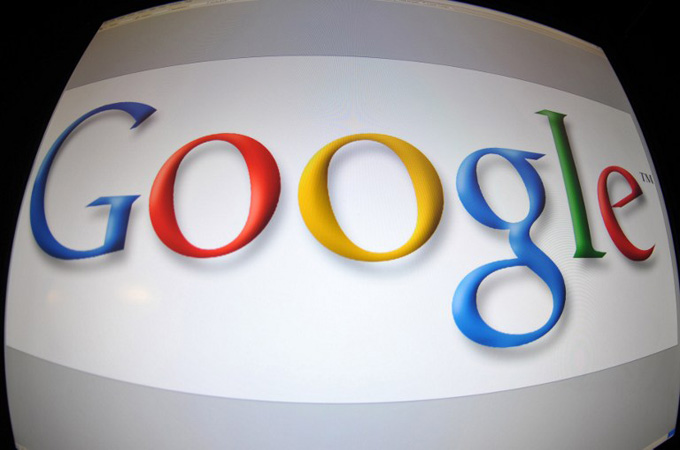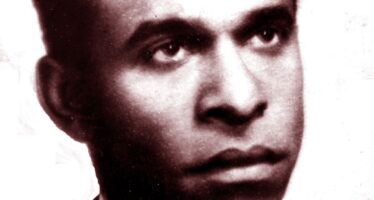Google launches data ‘graveyard’ option
![]()
Internet search giant introduces option that allows users to determine how their online material is used after death.
New option gives users the option of determining the future of their “inactive’ online content [File: AFP]
Internet search giant Google has launched a tool that lets users decide what happens with their email and other accounts after they die, or if their online accounts become inactive.
Called “inactive account manager”, the feature lets users of Google’s services tell the company what to do with email messages and other data.
“Whatever the reason, we give you the option of deciding what happens to your data,” the company said on a message at an account settings page on Thursday.
Google says users can choose to delete their data after three, six or 12 months of inactivity, or they can choose specific people to receive the data.
Besides Gmail and Google Plus, other services covered include YouTube, the photo-sharing service Picasa, and Blogger.
Google Inc, based in Mountain View, California, says it will warn users through a secondary email address or a provided phone number before taking any action.
Google says it will let people specify how long to wait before taking action, and the California-based internet giant will send account holders email or text message reminders before “timeout” periods are ended.
The feature was added as people increasingly trust their data and memories online social networks, data storage facilities, and other services hosted in the Internet “cloud”.
Facebook, for example, allows members to have accounts “memorialised” after they die.
Laws in the United States and elsewhere are vague on the fate of digital rights to online accounts after death, leading to complications and legal wrangling for survivors who want access to the online services of the deceased.
In one case that drew considerable attention, the family of a US Marine killed in Iraq went to court in 2005 after being blocked from getting access to his Yahoo email account, with the company arguing that it could not release “private” information and that the account was “non -transferable” under terms of service.
Some say a separate document or executor for digital assets could be useful, with one way to preserve access being to register accounts in the name of a trust, control of which could be transferred on death.
Related Articles
Por qué Noam Chomsky desconfía de internet
![]()
Chomsky plantea dudas sobre los reales beneficios de la web Foto: AF El telégrafo y las bibliotecas públicas tuvieron un impacto
WikiLeaks cables claim al-Jazeera changed coverage to suit Qatari foreign policy
![]()
US embassy memos flatly contradict Arabic satellite channel’s insistence that it is editorially independent despite being heavily subsidised by Gulf
ON A DAY THIS WEEK in December, 1961. Frantz Fanon
![]()
On a day this week, December 6, 1961, the writer and revolutionary-marxist Frantz Fanon, author of the ‘The Wretched of the Earth’ (among other works of philosophy and biting critiques of colonialism), died from leukemia




